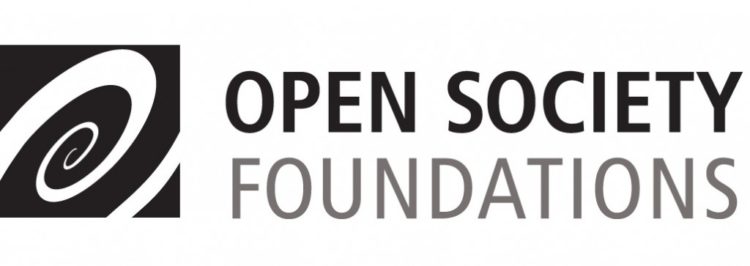Natural resources can bring considerable amounts of wealth to a country. However, an estimated 680 million people in resource-rich countries still live on less than 2 USD per day. For these people, wealth in natural resources has failed to deliver sustainable economic and social development that benefits the many, not only a few.
Globally, petroleum and its derivatives account for 15 per cent of the world’s trade. Oil and gas production serves to meet nearly 60% of the energy consumed worldwide. Over the next 20 years, 90% of production is projected to come from the developing world. Despite having the potential to lift millions in the developing world out of poverty, natural resources can motivate and facilitate corrupt practices, particularly given the vast revenues usually involved, the remoteness of many operations, the confidentiality of most contractual arrangements and the discretionary power of public officials exercised over national resources, leading to what is known as resource curse. The OECD Foreign Bribery Report shows the magnitude of the problem, finding that one in five cases of transnational bribery occur in the extractive sector. Corruption can happen at any stage of the extractive value chain, from the awarding of permits, licences and contracts to the management of revenues.
In most developing countries, progress on poverty eradication depends on the effective management of domestic resources and their revenues. For countries such as Iraq, Libya and Nigeria, oil sales have in past years generated over half of total government revenues. From 2011 to 2013, oil sales by the governments of Africa’s top ten producers totalled 254 billion USD, an amount equivalent to 56% of those countries’ total public revenues.
To ensure that these revenues are used for the widest public benefit and not siphoned off through corruption, certain conditions must be present. One contributing factor is increased disclosure in key areas of corporate reporting. Greater transparency by companies ultimately helps to combat corruption, promote citizens’ trust and encourage a country’s development.
At Transparency International EU we focus in particular on the last step of the value chain – revenue collection and management. Revenue transparency plays a fundamental role in helping to ensure effective extractive resource governance and provides a mechanism to re-shape how wealth is managed and who benefits. Publicly-accessible information on how much revenue is being generated from a country’s resources allows citizens to be informed and engaged in how much money is shared and spent.
In 2013, the EU passed new transparency legislation requiring large oil, gas, mining and logging companies listed and registered in the EU to disclose their revenue payments to the governments of the countries they are active in on a project-by-project basis. The legislation has now been transposed into national law by almost all EU countries. Accelerated adoption by countries, such as France and the UK, means that global companies, such as BP and Total, are already reporting. For other countries, the first financial reports will be publicly available throughout 2017.
However, these important gains in transparency and accountability are not set in stone. In 2018, the European Commission will carry out a formal review of the EU legislation. We will closely monitor the process to achieve a good outcome of the review, ensuring that a high standard is maintained, loopholes are closed, no exemptions are included and improvements are made, to help make the extractive industries transparent and free from corruption.

